
 Instagram
Instagram
What’s the Difference: Capsules vs. Tablets?

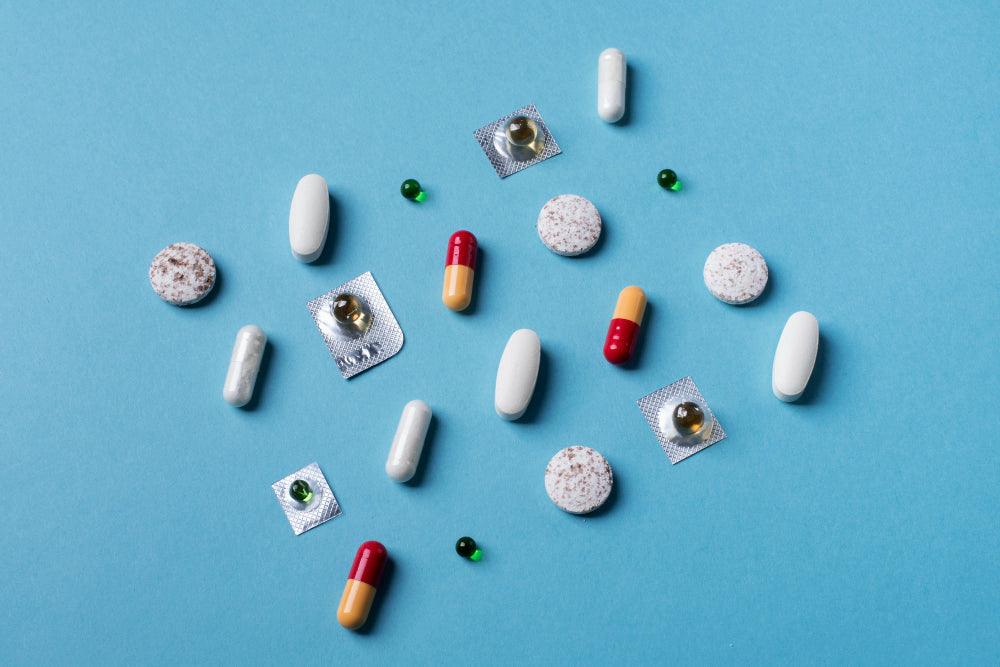
Related products
Capsules Vs. Tablets
In the pharmaceutical world, the choice between capsules and tablets is a fundamental aspect of medication formulation and prescription. Understanding the differences in their composition, how they dissolve and are absorbed by the body, and the various ingredients and additives they contain is crucial for both healthcare professionals and patients. This article delves into these differences, offering insights into how each form functions and their implications for health and medicine.
What are Capsules?
Capsules are a form of medication encased within a small, cylindrical gelatin shell. This shell can be made from animal-derived gelatin or, increasingly, from plant-based alternatives to accommodate dietary restrictions. Inside the shell, the medication can be in either liquid or powder form, which allows for a degree of flexibility in how drugs can be delivered into the body.
When discussing capsules, it's important to understand that they are typically made from a gelatin-based shell. This shell encases either a liquid or a powdered form of medication. Dr. Elizabeth Holmes, a renowned pharmacist, states, "Capsules offer a unique advantage in that they can house medication in different states - liquid or powder, thereby providing flexibility in drug formulation." The gelatin used in capsules can be derived from animal sources, but there are also vegetarian options available, catering to diverse dietary needs and preferences.
The composition of capsules means they are often preferred for medications that require protection from air and light. As Dr. Holmes explains, "The encapsulated environment can protect sensitive medications from external factors, thus preserving their efficacy." The use of gelatin-based shells also means that capsules can be easier to swallow, a significant benefit for patients who struggle with larger or harder-to-swallow medication forms.
What are Tablets?
Tablets, on the other hand, are formed by compressing powdered or granulated medication into a solid form. Tablets are a type of solid pharmaceutical oral dosage form, consisting of compressed powder or granulated medication that is shaped into a round, oval, or oblong form. They often contain binders, fillers, and other additives to ensure the tablet maintains its shape, stability, and controlled release of the active ingredient into the body. Tablets can be coated to mask the taste, to protect the active ingredients from the atmosphere, or to control where the active ingredient is released.
The manufacturing of tablets also allows for the inclusion of specific features like score lines, which make it easier to split the tablet for dose adjustments. This is particularly useful for medications where precise dosing is crucial. Dr. Lee adds, "The ability to split tablets without compromising the stability of the medication is a key advantage, especially in treatments requiring dosage titration."
What are the main difference between capsules and tablets?
The main differences between capsules and tablets are:
- Form: Capsules are typically gelatin-based shells containing medication in liquid or powder form, while tablets are compressed powders or granules molded into solid shapes.
- Dissolution and Absorption: Capsules tend to dissolve more quickly, often resulting in faster absorption of the medication. Tablets may dissolve more slowly, with some designed for immediate release and others for extended or controlled release.
- Ingredients and Additives: Capsules generally contain fewer additives and can be made with vegetable-based alternatives to gelatin. Tablets often contain additional ingredients like binders, fillers, and sometimes coatings to enhance stability and control drug release.
- Ease of Swallowing: Capsules can be easier to swallow due to their smooth coating but are not meant to be split or crushed. Tablets can be more difficult to swallow but often come scored to allow for splitting and dose adjustments.
- Shelf Life: Tablets usually have a longer shelf life than capsules because they are more resistant to environmental conditions like humidity and temperature.
- Flexibility in Dosing: It is easier to adjust the dose of tablets as they can be split. Capsules do not offer this flexibility as they are designed to be taken whole.
- Cost and Manufacturing: Capsules can be more costly to produce compared to tablets, which are typically cheaper and easier to manufacture in bulk.
Comparison between absorption and dissolution
The following include the comparison between absorption and dissolution between capsules and tablets:
Capsules: Quicker Dissolution for Faster Absorption
Capsules often dissolve more quickly than tablets, which can lead to faster absorption of the medication. This rapid dissolution is particularly beneficial for medications that need to take effect quickly. Dr. Holmes notes, "In emergency situations, or where rapid onset of action is critical, capsules can provide a significant advantage due to their quicker dissolution and absorption rates."
The composition of the capsule shell and the form of medication inside (liquid or powder) are key factors influencing how quickly the capsule dissolves. According to Dr. Holmes, "Liquid-filled capsules tend to dissolve more rapidly than powder-filled capsules, offering an even faster route to medication absorption."
Tablets: Variable Dissolution Rates Affecting Absorption
Tablets may exhibit varied dissolution times, depending on their composition and the manufacturing process. Dr. Lee explains, "The dissolution of tablets can be controlled through various manufacturing techniques, allowing for sustained release of medication over time." This property makes tablets suitable for medications that benefit from a slower, more controlled release into the system.
However, the variability in dissolution rates can be a drawback in situations where immediate medication absorption is necessary. Dr. Lee adds, "In cases where rapid relief from symptoms is needed, the slower dissolution rate of some tablets can be less effective compared to other medication forms like capsules."
What are the Ingredients and Additives?
Capsules: Fewer Additives and Dietary Flexibility
Capsules are known for containing fewer additives compared to tablets. This aspect can make them more suitable for patients with sensitivities or allergies to certain substances. Dr. Holmes remarks, "Capsules often have a simpler ingredient list, which can be beneficial for patients with allergies or intolerances to common tablet additives like lactose or gluten."
Additionally, the availability of vegetarian and vegan capsule options provides an important alternative for patients with specific dietary restrictions. Dr. Holmes says, "The development of plant-based capsule shells has been a significant advancement, making medication accessible to a wider range of patients with different dietary needs."
Tablets: Binders, Fillers, and Extended Shelf Life
Tablets, however, often contain various binders, fillers, and other additives to maintain their shape and extend their shelf life. While these additives are generally safe, they can be a concern for certain patient groups. Dr. Lee notes, "The presence of additives in tablets is necessary for their structural integrity, but it's important for patients to be aware of these ingredients, especially if they have specific health considerations."
The additives in tablets not only help in maintaining their shape but also play a role in the controlled release of medication, shelf life, and overall stability. Dr. Lee adds, "The robust nature of tablets, thanks to these additives, makes them a practical and reliable form of medication for many patients."
How is the ease of swallowing capsules and tablets?
Capsules are generally considered easier to swallow due to their smooth texture and shape. Tablets may be harder to swallow but can be scored to allow them to be broken into smaller, easier-to-swallow pieces.
Capsules: Smooth and Easy to Ingest
The texture and shape of capsules are often cited as being easier to swallow. Dr. Harriet Adams, a GP with a special interest in dysphagia, explains, "The gelatinous exterior of capsules can make them more palatable for those who have difficulty swallowing." This can be particularly beneficial for elderly patients or those with esophageal disorders. A survey by the Swallowing Disorders Foundation found that 67% of respondents preferred capsules over tablets for ease of swallowing.
Tablets: Versatile but Potentially Challenging
Despite their potential to be harder to swallow, tablets come with a variety of modifications to aid ingestion. Dr. Adams notes, "Scored tablets are a design innovation that allows patients to break the medication into smaller, more manageable pieces." This scoring can be crucial for patients who might otherwise struggle with taking their medication as prescribed.
What is the dosage flexibility and precision?
Dosage flexibility refers to the ability to adjust the amount of medication a patient takes to achieve the optimal therapeutic effect. Precision is the accuracy with which a medication can be dosed. Tablets often offer greater dosage flexibility and precision, as they can be split into halves or quarters for precise dosing adjustments. Capsules, however, typically do not offer this flexibility because they are designed to be taken whole and contain a pre-measured dose of medication, which makes adjusting the dose more challenging.
Capsules: Fixed Doses for Targeted Treatment
While capsules are praised for their ease of swallowing, they lack the dosage flexibility found in tablets. Consultant Pharmacist Dr. Raymond Clarke says, "The inability to split capsules without compromising the medication contained within means they are less suited to treatments requiring dose adjustments."
Tablets: Tailored Dosing Options
Tablets offer greater dosing flexibility, a feature highlighted by Dr. Clarke: "The ability to split tablets, or to crush them for administration via feeding tubes, provides an invaluable dosing precision." This adaptability can be essential for titrating doses to the patient's specific needs.
What is the shelf life and stability?
Shelf life refers to the length of time a medication remains effective and safe to use, while stability involves the medication's ability to maintain its intended physical, chemical, and microbiological properties throughout its shelf life. Tablets generally have a longer shelf life and greater stability, as they are less sensitive to environmental conditions like humidity and temperature due to their solid form and the presence of preservatives. Capsules, particularly those with gelatin shells, can be more sensitive to heat and moisture, which may affect their stability and shelf life.
Capsules: Protection Versus Sensitivity
The shelf life of capsules can be a concern due to their sensitivity to environmental conditions. Dr. Sandra Lopez, a pharmaceutical scientist, states, "The gelatin shell of capsules is prone to degradation from excessive heat and moisture." Therefore, they require stringent storage conditions.
Tablets: Robust and Resilient
Contrastingly, tablets are valued for their stability. "Tablets are more forgiving when it comes to storage, making them a staple in many first aid kits," according to Dr. Lopez. Their durability extends their shelf life and maintains their efficacy over time.
Cost and Manufacturing of Capsules and Tablets
The cost and manufacturing of capsules and tablets differ significantly due to their distinct production processes. Capsules tend to be more expensive to produce than tablets. The manufacturing process for capsules is more complex as it involves creating a shell and then filling it with the active ingredient, which can be in liquid or powder form. The materials for capsule shells, especially if they are vegetarian or designed to release the drug at specific rates or locations in the gut, can add to the cost.
Tablets, on the other hand, are generally less costly and easier to manufacture in large quantities. They are produced by compressing the active ingredient with binders, fillers, and sometimes coatings. This process is highly efficient and can be done rapidly on a large scale, leading to economies of scale that typically make tablets a more economical option for both manufacturers and consumers.
Capsules: Higher Costs for Complex Formulation
The production costs of capsules are often higher than tablets. Industry expert Mr. Alan Smith remarks, "The complex machinery required to fill and seal capsules results in higher manufacturing costs."
Tablets: Economical and Efficient Production
The manufacturing process for tablets is generally more cost-effective. "Tablets can be produced rapidly and at a lower cost, making them a popular choice for healthcare systems," says Mr. Smith.
People Also Ask
Patient Considerations
Capsules: Dietary Restrictions and Preferences
The composition of capsule shells can present issues for certain patients. Nutritionist Dr. Amy Patel explains, "Vegetarian and vegan patients often opt for non-gelatin capsules to align with their dietary principles."
Tablets: Accessibility and Convenience
Tablets can be more accessible for patients with specific needs. "Chewable and dispersible tablet formulations are vital for patients who cannot swallow traditional tablets," Dr. Patel adds.
What is the suitability for certain ingredients?
Capsules: Ideal for Sensitive Compounds
Capsules are often the preferred choice for volatile or sensitive medications. Dr. Lopez says, "The sealed nature of capsules can protect reactive substances from air and moisture."
Tablets: High Dose, Compact Form
Tablets are capable of delivering higher doses of medication in a single unit. Dr. Clarke points out, "The compression process used in tablet manufacturing allows for a greater amount of active ingredient to be included."
How do the packaging and transportation compare?
Capsules: Special Requirements for Safety
The packaging of capsules requires care to protect against environmental factors. Logistics manager Ms. Jane Andrews notes, "Capsules often need blister packs or bottles with desiccants to ensure their integrity during transportation."
Tablets: Sturdy and Simple to Ship
Tablets are favoured for their ease of packaging and transport. "The hardiness of tablets allows for more straightforward and cost-effective distribution methods," says Ms. Andrews.
Conclusion
The choice between capsules and tablets hinges on various factors, from the medical needs of the patient to the stability requirements of the medication. Both dosage forms have unique advantages and challenges, and healthcare professionals are best placed to recommend the most suitable option based on individual patient circumstances.
Choosing between capsules and tablets is contingent on a multitude of factors, including the medication's nature, patient preferences, cost implications, and specific health needs. While capsules offer ease of swallowing and potentially faster absorption, tablets provide the advantages of dosage precision, stability, and cost-effectiveness. Ultimately, healthcare professionals should guide the decision, ensuring that the chosen form of medication aligns with the therapeutic goals and patient's lifestyle.

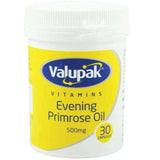
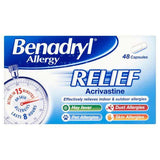



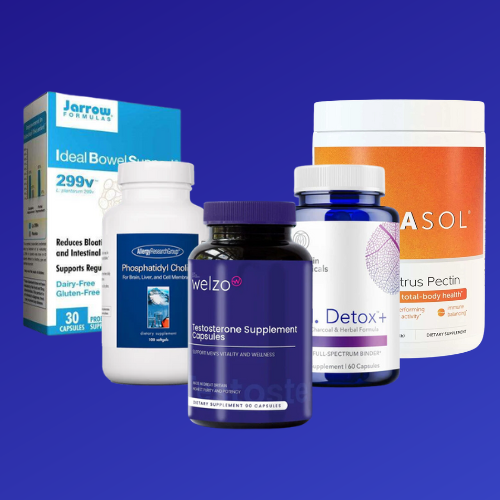
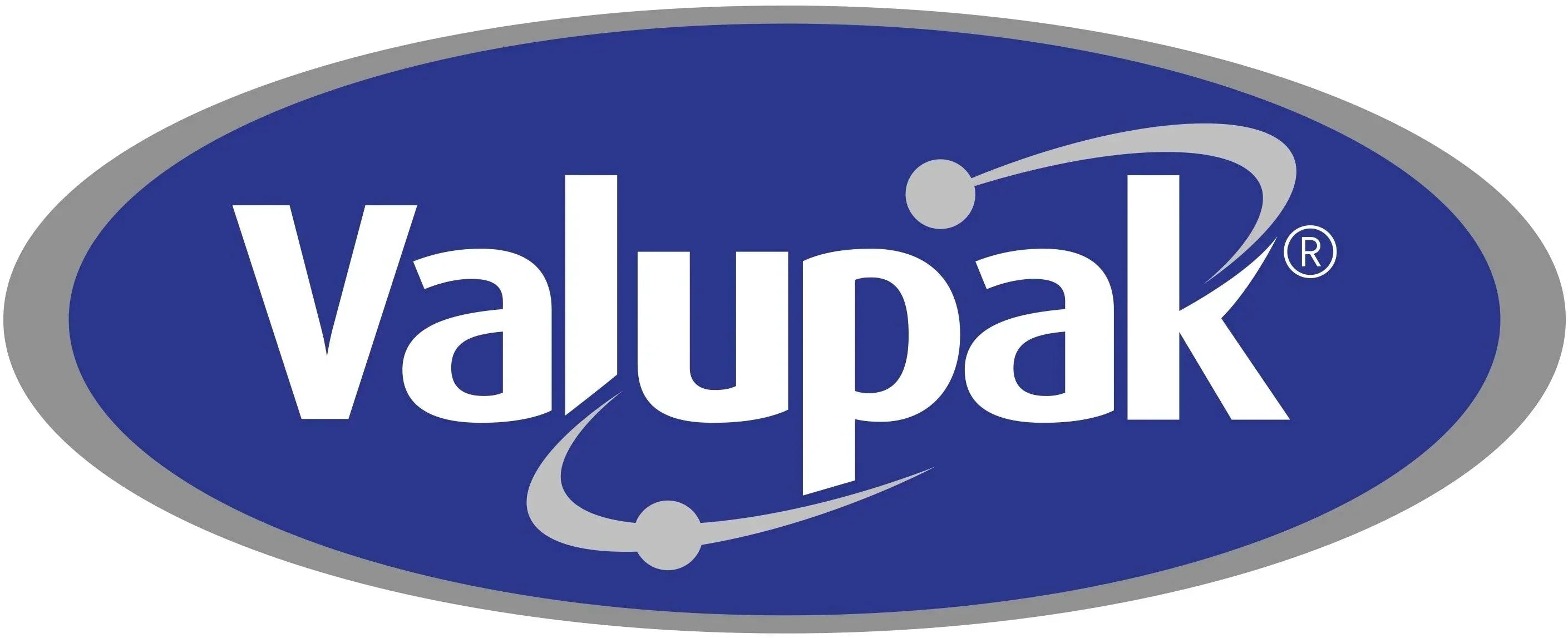
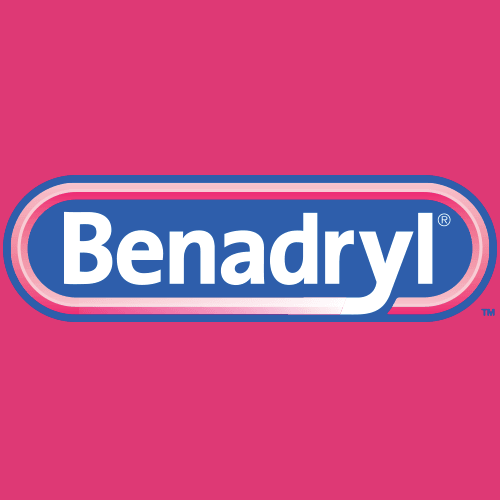


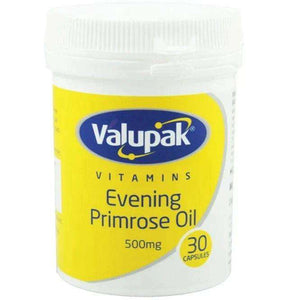
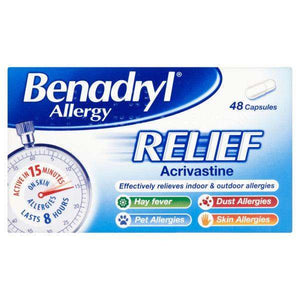



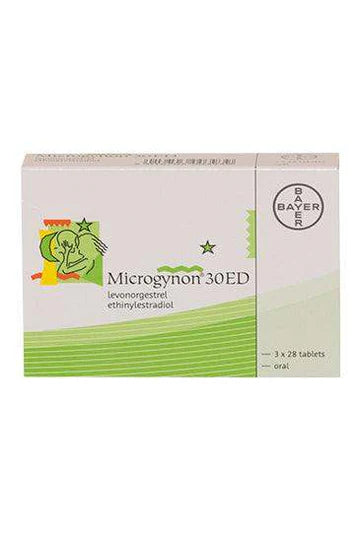
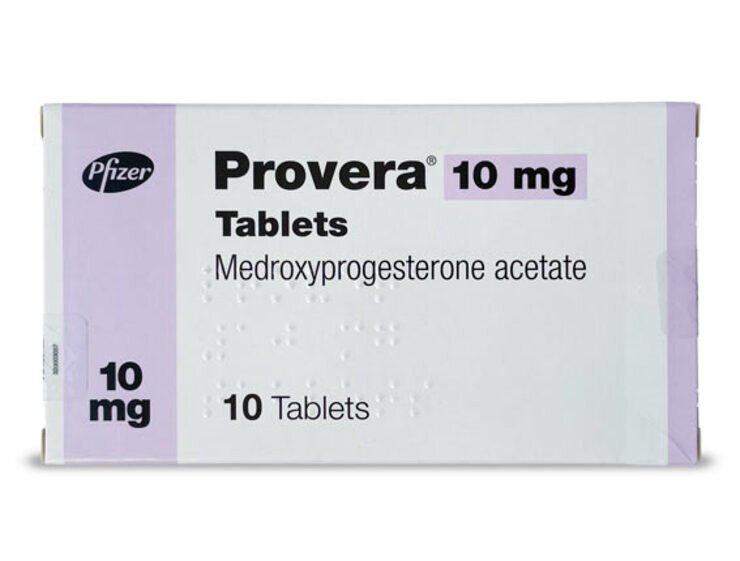
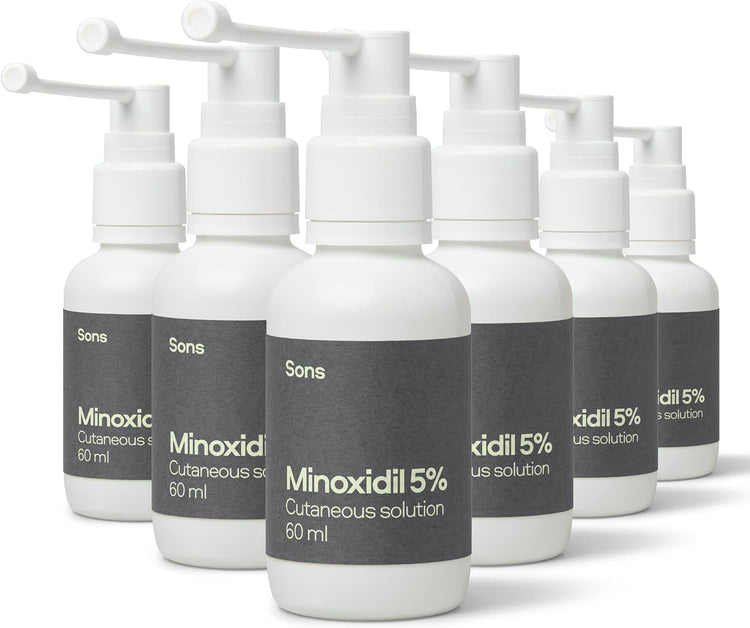
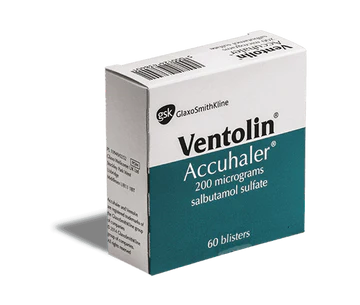
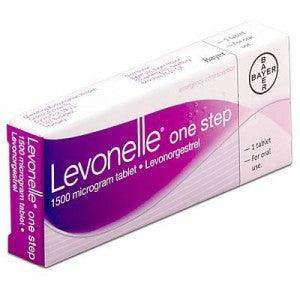
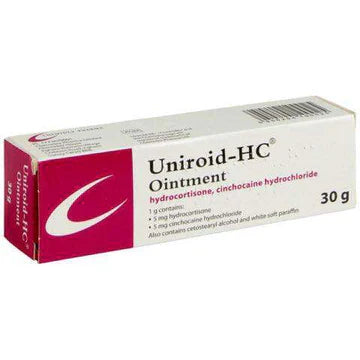
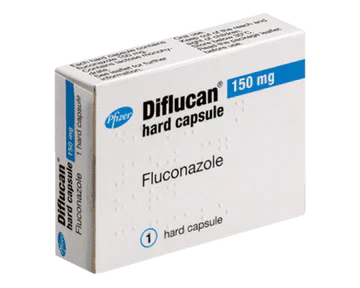
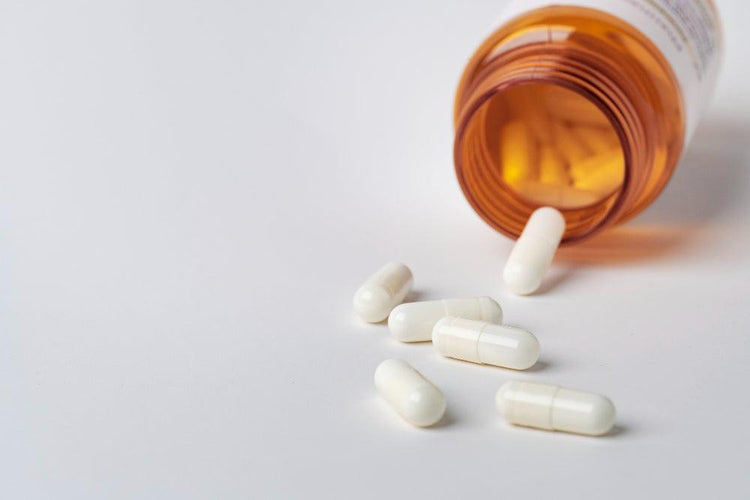
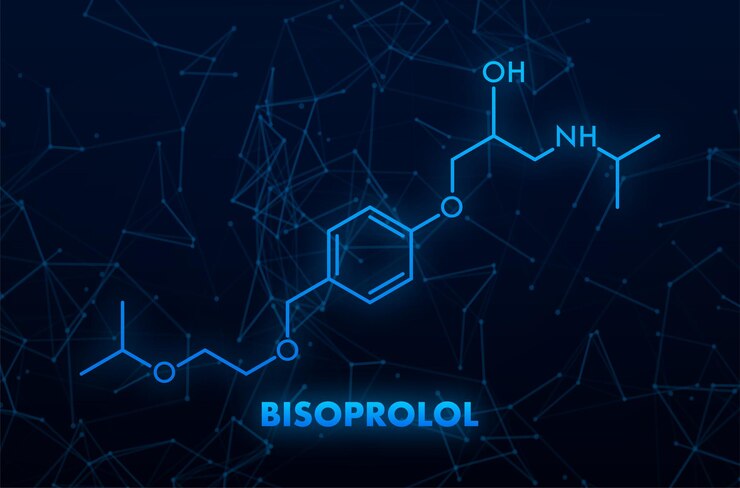
 Rated Excellent by 14,617+ Reviews
Rated Excellent by 14,617+ Reviews